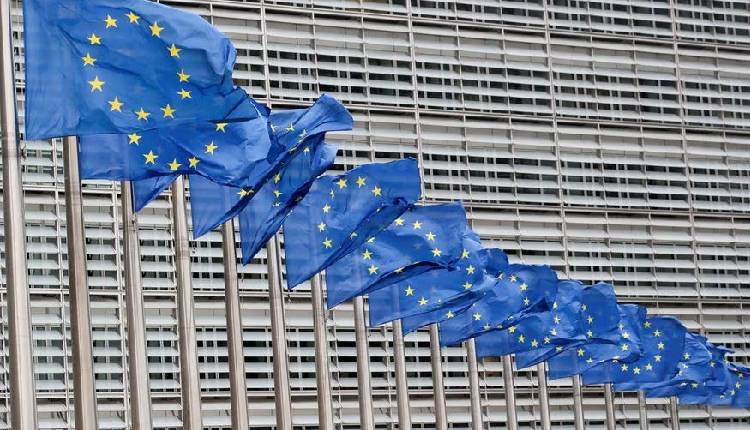EU may disclose tariff rates for Chinese EVs this week
The European Commission is poised to announce the details of planned tariffs on Chinese electric vehicles (EVs) later this week, Reuters reported on Monday.
The move comes after accusations of excessive subsidies granted by the Chinese government to its domestic EV industry, a claim that could spark tension and potential retaliation from Beijing.
The EU’s planned tariffs will follow the ongoing deepened trade war between the US and China after US President Joe Biden launched on May 14 a new set of tariffs on Chinese goods, including a quadrupling of the tariffs on electric vehicles (EVs), bringing the rate to 100 per cent. This did not take long for China to retaliate by launching an anti-dumping probe into chemical imports from the United States, the European Union, Japan, and Taiwan.
Brussels is expected to set almost certainly far less tariffs for imports from Chinese makers such as BYD and Geely as well as western producers such as Tesla, which export cars from China to Europe.
Despite facing stiff competition from an influx of cheaper Chinese EVs, the European auto industry is largely opposed to the European Commission’s planned tariffs. German carmakers, especially reliant on Chinese sales, fear retaliation from Beijing. However, the EU Commission, led by Ursula von der Leyen, insists action is necessary to prevent China from flooding the European market with EVs unfairly propped up by subsidies.
“If provoked, the reaction and repercussions could lead to a trade war which would be devastating for a region that is still heavily dependent on Chinese dominated supply chains in order to achieve its lofty climate goals,” Will Roberts, head of automotive research at Rho Motion, told Reuters.
China has fiercely criticised the EU’s anti-subsidy investigation on electric vehicles, calling for cooperation and lobbying individual member states. While Beijing has not explicitly detailed its response to potential tariffs, it has launched an anti-dumping investigation into French brandy imports and passed a law to retaliate against trade restrictions imposed by the US or EU.
The EU’s pre-disclosure of planned tariffs comes weeks before the July 4th deadline for provisional measures, which could be retroactive for the past 90 days. Interested parties have a limited window to contest the calculations. A final decision on definitive duties, potentially lasting five years, will be made by late October, allowing time for a potential deal between the EU and China.
Chinese executives hope negotiations can lessen the impact of tariffs.
According to Reuters, analysts predict tariffs ranging from 10 per cent to 25 per cent. Each 10 per cent increase on top of the existing 10 per cent levy could translate to a $1 billion cost for EU importers, further burdening a sector already grappling with declining demand and falling prices. This cost is expected to rise as Chinese EV exports to Europe continue to grow.


